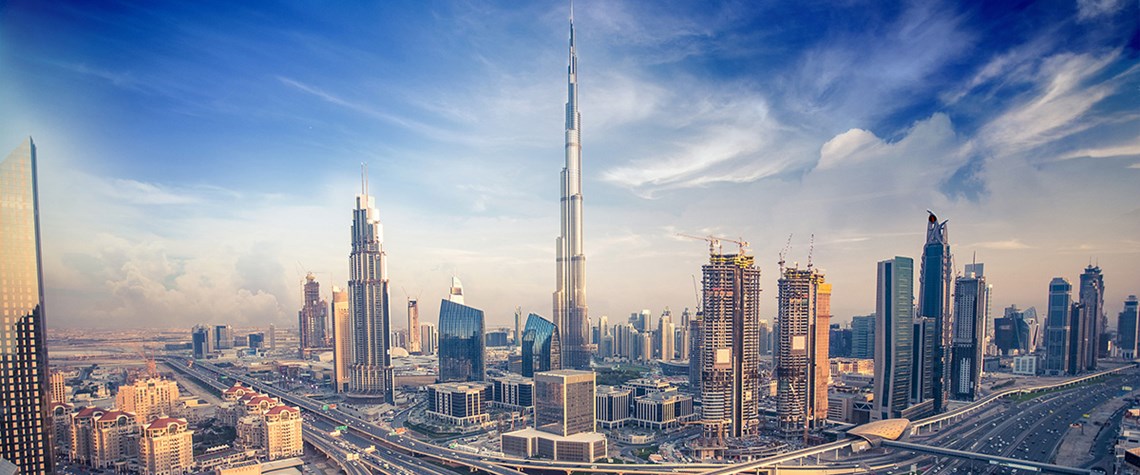UAE—all hands on deck
The country is adopting a new energy identity which gives emirates, other than kingpin Abu Dhabi, greater and more diverse roles
Six emirates united under the UAE flag at a time when towns were slowly emerging from empty desert, caravans of camels decorated the horizon and agents of foreign energy firms examined dog-eared maps on the heated bonnets of their 4x4s. Since that day in December 1971, the energy paths of Abu Dhabi, Ajman, Dubai, Fujairah, Sharjah and Umm al-Quwain have differed hugely. Ras al-Khaimah joined the UAE a year later. For nearly half a century, Abu Dhabi, and Dubai to a lesser extent, took the lead in fossil-fuel production and consumption. But now the playing field is beginning to level out as other emirates leverage their natural resources. Three key triggers are spurring change. The first is t

Also in this section
19 February 2026
US LNG exporter Cheniere Energy has grown its business rapidly since exporting its first cargo a decade ago. But Chief Commercial Officer Anatol Feygin tells Petroleum Economist that, as in the past, the company’s future expansion plans are anchored by high levels of contracted offtake, supporting predictable returns on investment
19 February 2026
Growth in LNG supply will surpass the rise in demand in 2026 for the first time in years, according to Mike Fulwood, senior research fellow at the OIES, but lower prices are likely to encourage fuel switching and could create more demand on a permanent basis
19 February 2026
Awais Ali Butt, manager for sales and business development at Pakistan LNG Ltd, discusses LNG’s role in energy security across developing, price-sensitive economies, as well as examining trade-offs between buying strategies and the impact of lower prices and policy on import behaviour
19 February 2026
LNG’s technical maturity, availability and price, as well as regulation, have driven its rapid adoption as a marine fuel, yet its future in shipping will depend on transition policies and progress in cutting methane emissions and scaling bio- and synthetic LNG, according to Carlos Guerrero at Bureau Veritas







